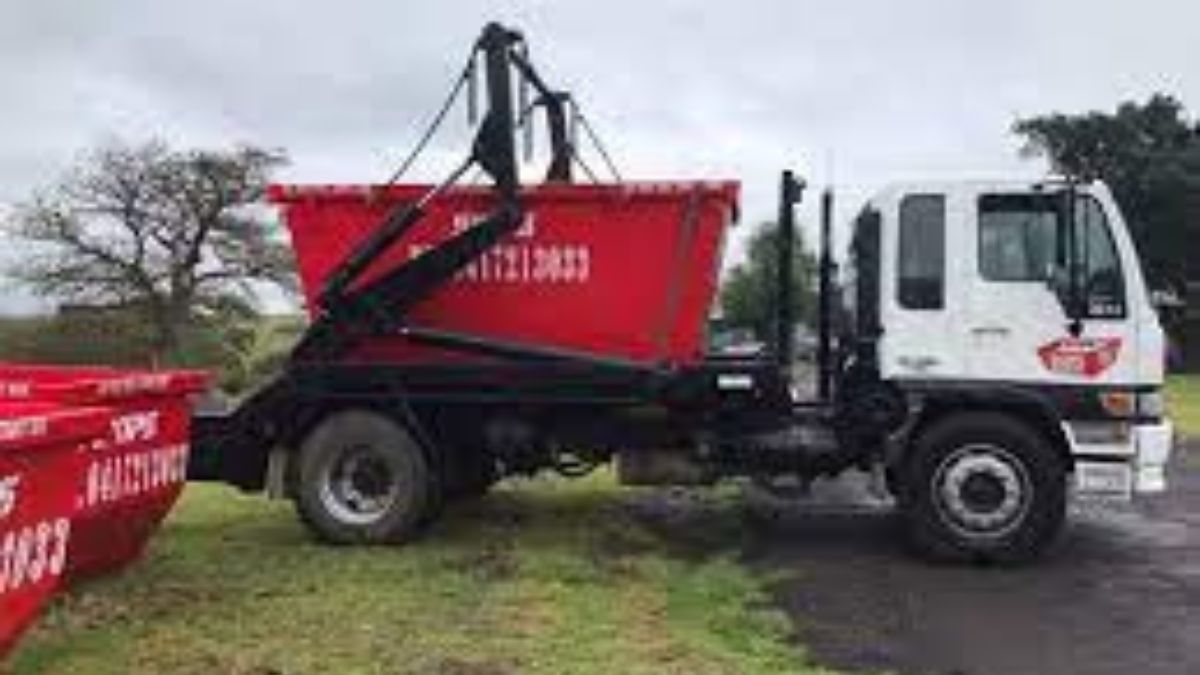Renting a skip bin offers a huge time and labour saver for waste removal from homes or work sites. But determining the right timing for deliveries and pickups involves considerations beyond just filling them up. Follow this definitive guide on planning to book a skip bin like Best Price Skip Bins Australia around busy periods, family events, council policies, waste volumes and worksite schedules.
Check Council Bulk Waste Dates
Many municipalities offer free or discounted large waste removal services a few times per year for households. Bulk rubbish pickups allow disposing of bigger goods like mattresses, appliances and furniture conveniently from kerbsides on designated weekends. Review council bulk waste calendars and schedule skip deliveries appropriately before or after to avoid paying double disposal fees accidentally.
Coordinate Around Busy Seasons
Waste management companies service exponentially more bins leading up to popular spring cleaning and pre-Christmas decluttering periods. This leads to tight equipment availability and longer lead times. Place bookings 2-3 months prior during peak demand seasons to secure ideal delivery dates and preferred bin sizes when needed most. The early bid wins!
Allow Buffer Around Special Events
Major family celebrations like weddings or milestone birthdays often spur home refresh projects needing waste removal help. Schedule final junk hauls at least 1 week pre-events to avoid lingering debris headaches with guests imminent. And leave a 1 week post-event buffer before returning bins to accommodate inevitable stragglers needing disposal too.
Plan Home Renovations Strategically
Major redesigns require scheduling demolition waste bins before cabinetry, appliance or flooring installation crews arrive. Nothing slows project momentum faster than debris pile ups with nowhere to toss them promptly. Consult finalized work schedules and order bins 1 week preceding contractor arrival for smooth back-to-back transitions once tearouts commence.
Be Mindful of High Wind/Rain Risks
Inclement weather poses hazards for transporting and emptying fully loaded bins on trucks. High winds spell spilled litter and storm flooding causes overweight limits or equipment access issues. If forecasts predict adverse conditions on target rental days, reschedule proactively to be kind to the environment and avoid steep contamination penalties.
Consolidate Smaller Loads
For recurring household waste disposal such as monthly kerbside collections, tally typical volumes and weight first. Multiple mini-loads spread over weeks likely proves pricier and more inconvenient than consolidating 4-8 weeks’ worth of rubbish into a single 1 or 2 tonne bin rental every 2 months instead. Think bigger picture on waste volumes.
Conclusion
Booking skip bins requires foresight around council waste days, family events, home projects, weather and habitual disposal volumes. While bin rentals offer convenience cleaning houses or worksites, ideal timing considers many key factors so jobs flow smoothly. Be proactive scheduling deliveries and pickups during slower seasons, allow buffers around special events, coordinate transitions between contractors and consolidate smaller loads for maximum value. Follow these tips and waste removal stays on track with no nasty speed bumps.
